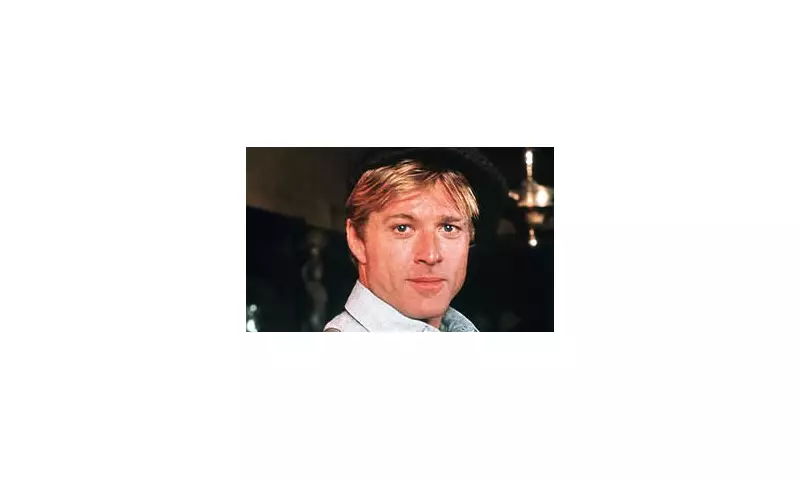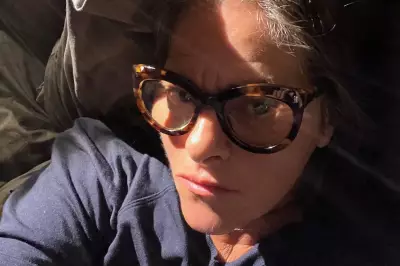
Behind Robert Redford's legendary Hollywood status lies a surprising story of early rejection and misjudgment from studio bosses who initially dismissed the future icon as emotionally cold and lacking star quality.
According to revelations from a new biography, Hollywood executives in the 1960s failed to see the potential in the young actor, with one powerful mogul even describing him as having "ice water in his veins" rather than the passionate blood expected of a leading man.
The Rocky Road to Stardom
Before becoming the Oscar-winning director and star of classics like Butch Cassidy and the Sundance Kid and The Sting, Redford faced considerable skepticism from industry gatekeepers. Studio heads questioned his screen presence and doubted his ability to connect with audiences emotionally.
One particularly harsh assessment came from a high-ranking executive who declared the actor "too wooden" and emotionally detached to make it in Hollywood. This criticism came despite Redford's early stage success and growing reputation as a serious performer.
Defying the Doubters
Redford's perseverance in the face of this rejection ultimately proved the executives wrong in spectacular fashion. His breakthrough role alongside Paul Newman in Butch Cassidy and the Sundance Kid (1969) catapulted him to international stardom and established him as one of the most bankable actors of his generation.
The very qualities that executives had criticized—his cool demeanor, understated delivery, and natural reserve—became the hallmarks of his acting style and part of his enduring appeal. Rather than detracting from his performances, these characteristics brought a authenticity and complexity to his roles that resonated deeply with audiences.
From Actor to Icon
Redford's career trajectory serves as a powerful reminder that Hollywood's conventional wisdom isn't always right. His success story highlights how unique qualities, even when initially perceived as weaknesses, can become an artist's greatest strengths.
The actor turned director and environmentalist went on to establish the Sundance Institute, creating opportunities for independent filmmakers who might otherwise face similar rejection from mainstream Hollywood. His legacy continues to influence the industry decades after those early doubts about his potential.






